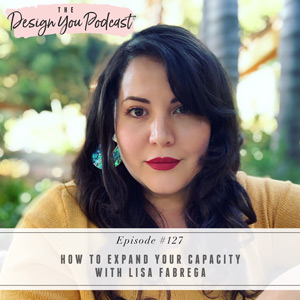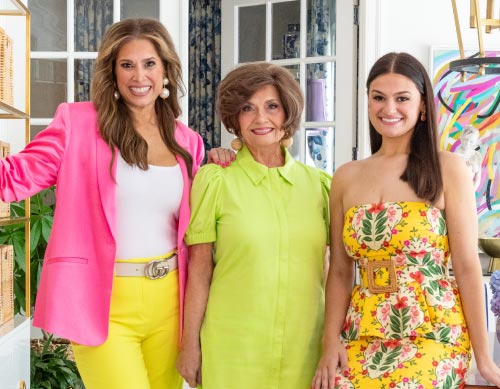
Hey friends, aren’t you just loving the guests we’ve had on the show recently?! There’s so much goodness being covered and today’s episode is no different! This year has revealed a lot of weak spots for many, and people are functioning at full capacity right now. Today’s guest Lisa Fabrega joins us to teach us how to develop the capacity to deal with the things we face in our lives in order to live a calmer, more stress-free life.
Lisa Fabrega is a leadership coach who helps ambitious women expand their capacity to handle more growth, wealth, and success in their lives. For more than ten years, she’s helped entrepreneurs, corporate executives, Academy Award nominees, and Novel Prize organization candidates break through boundaries that have been holding them back from their next level. She’s here today to show us how to identify and resolve our own capacity issues to take our lives and businesses to the next level.
Tune in this week to learn why problems with capacity might be the reason things aren’t working for you right now. We’ll discover six areas where we may have capacity issues and learn how to expand our capacity to enhance our lives. Each one of us has our own capacity code, and today’s episode will help you discover yours. This episode speaks to me on so many levels, and I know it will do the same for you!
If you want to keep this conversation going, you have to join my free Design You Podcast community on Facebook. We have great conversations over there about the podcast episodes and our podcast guests are in there too! So head on over and I’ll see you there!












